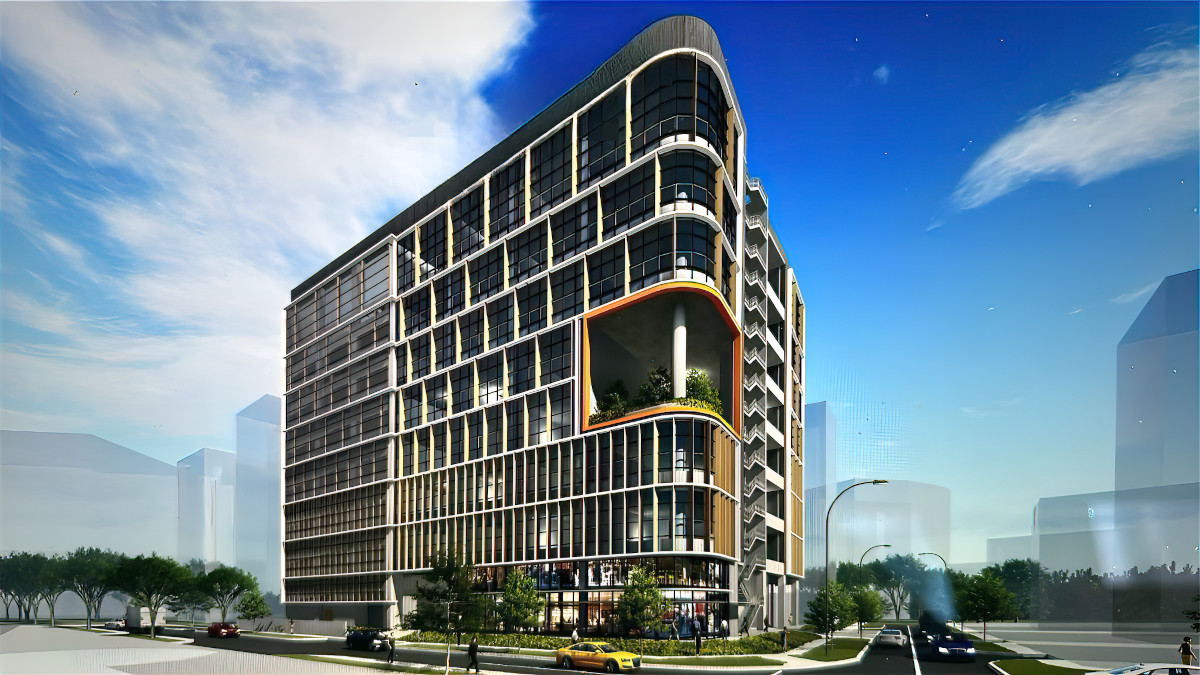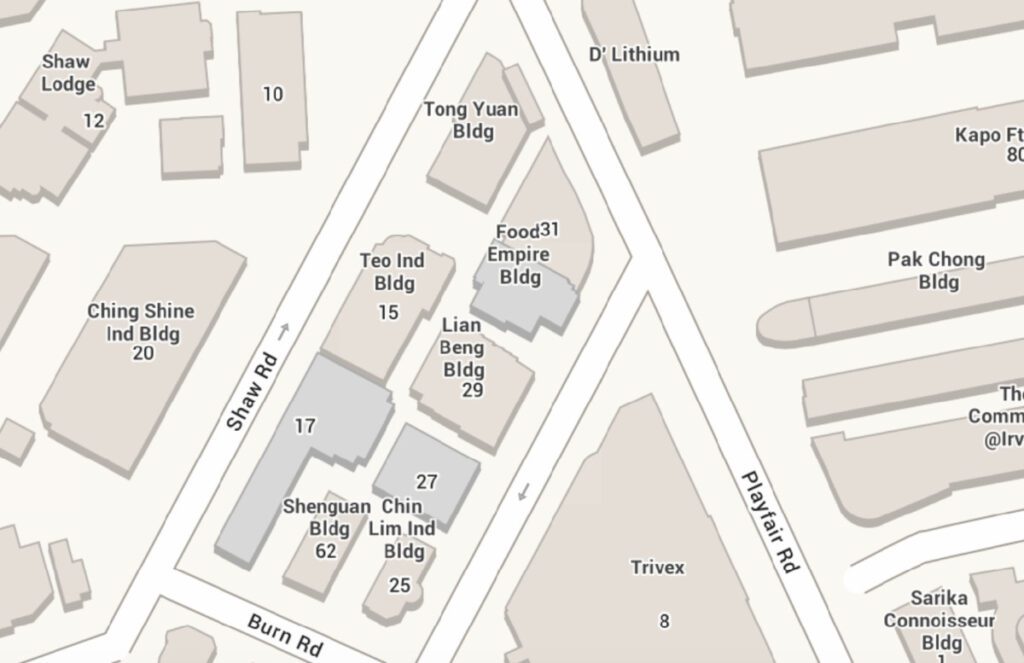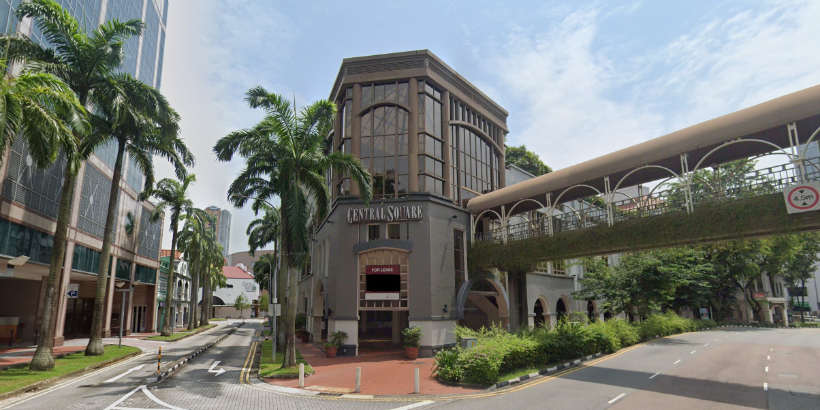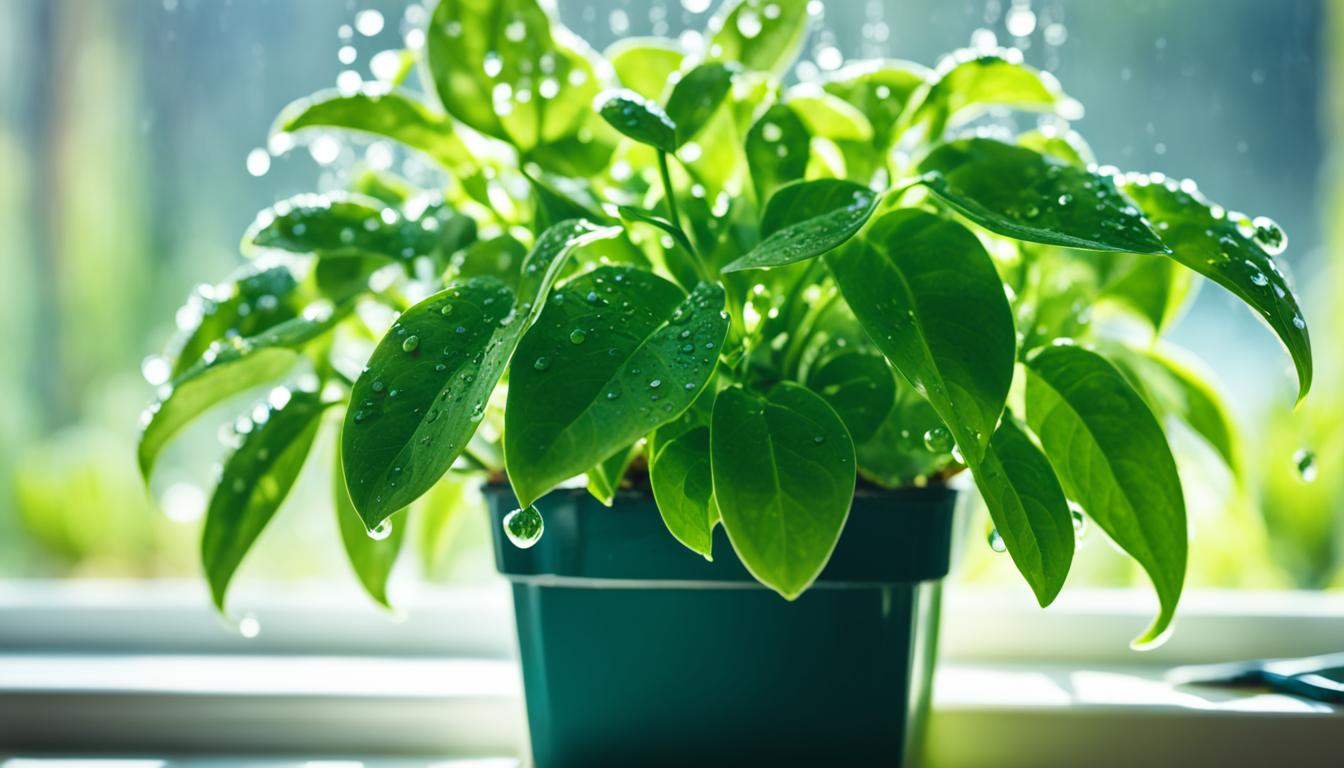
Harrison Food, located at 7 Harrison Road in Singapore’s bustling Tai Seng Industrial Estate, represents a unique and innovative approach to the concept of food factories. This state-of-the-art development, stands as a testament to the evolving nature of Singapore’s industrial and food processing landscape.
Harrison Food is a specialized food factory complex. Occupying the site of the former Harrison Industrial Building, this redevelopment has transformed into a modern, functional space tailored for food-related businesses. Its freehold status in District 13 makes it a rare and valuable piece of real estate, particularly in an area known for leasehold properties.
Harrison Food Factory Location and Connectivity


Strategically located within 300 meters of Tai Seng MRT station on the Circle Line, Harrison Food Factory boasts excellent connectivity. This proximity to public transport, coupled with easy access to major roads and expressways like the Kallang-Paya Lebar Expressway (KPE), Pan Island Expressway (PIE), and Central Expressway (CTE), enhances its appeal to businesses and investors. The area is not just a hub for industrial activities but is also near mature residential estates, providing a ready workforce.
The architecture of Harrison Food is a blend of functionality and modern aesthetics. The building has high ceiling heights and mezzanine offices, offering a distinct separation between production and administrative areas.
Each unit is designed with the needs of food businesses in mind, including features that comply with the Singapore Food Authority’s requirements, like exhaust ducts and attached toilets. This focus on the food industry is further emphasized by the building’s provision for ancillary office space, high floor loading capacity, and dedicated service bays and lifts.
The surrounding area of Harrison Food Factory is rich in amenities. From bus services to nearby shopping malls like Macpherson Mall and Paya Lebar Square, businesses and their employees have easy access to a range of facilities. This accessibility not only supports business operations but also enhances the work-life balance for employees.
Investment Potential and Business Opportunities
Harrison Food Factory location in the Tai Seng area, a well-established industrial estate home to many prominent firms, makes it an attractive site for investment. The freehold nature of the property adds to its allure, offering long-term stability and potential for capital appreciation. Its design caters specifically to businesses in the food industry, such as central kitchens, food processing units, and cold storage operations, providing them with a space that is not just a place of production but a part of their brand identity.
Harrison Food Factory stands as a shining example of how industrial spaces can be reimagined to meet the specific needs of modern businesses, particularly in the food sector. Its strategic location, unique design, and the reputation of its developer make it a noteworthy addition to Singapore’s industrial landscape. For businesses in the food industry, it offers not just a space but a platform for growth and innovation, blending practicality with the potential for future expansion.
As Singapore’s economy continues to evolve, developments like Harrison Food Factory will likely play a crucial role in shaping the future of industrial and food processing sectors, providing the necessary infrastructure to support growth, innovation, and efficiency.
Future of Singapore Food Factory
In the heart of Singapore, where skyscrapers dance among lush gardens, a different kind of future is simmering – the future of food factories. Imagine not towering steel boxes, but vertical forests brimming with sustainable produce, powered by AI and fueled by innovation. This is the vision taking root in the island nation, a vision driven by land scarcity, rising food demand, and a burning desire to become a global food innovation hub.
One cornerstone of this future is technology. Picture robots tending vertical farms, their delicate arms mimicking the caress of human touch, while sensors whisper data about humidity, light, and nutrient levels. Algorithms crunch this data, optimizing growth and minimizing waste. Drones flit between floors, delivering vital supplies and transporting freshly harvested crops. This isn’t science fiction; it’s the near future of Singapore’s food factories, where productivity dances with sustainability.
But efficiency isn’t the only ingredient in this recipe. Singapore understands that the future of food is about more than just production; it’s about diversity, personalization, and health. Enter edible insects, alternative proteins, and lab-grown meat. These once futuristic alternatives are finding their way onto Singaporean plates, fueled by research and development happening within the confines of these future food factories. Imagine shelves stocked with cricket protein bars and cultured beef burgers, not as replacements for traditional fare, but as exciting additions to a diverse culinary landscape.
Collaboration is another crucial element in this culinary metamorphosis. Singapore envisions these food factories not as isolated fortresses, but as bustling hubs of knowledge exchange. Shared kitchens and co-working spaces will bring together chefs, scientists, and entrepreneurs, fostering a spirit of innovation and cross-pollination. Imagine a baker experimenting with cricket flour alongside a food scientist perfecting plant-based cheese, their ideas swirling together like the aromatic steam above a simmering pot.
Of course, the future of food factories isn’t just about technology and trends; it’s about people. Singapore recognizes the need for a skilled workforce to navigate this culinary frontier. Universities are revamping curriculums, focusing on food science, engineering, and the ethical considerations of the industry. Imagine skilled technicians tending microgreens under LED lights, while data analysts decipher the language of plant growth and food scientists concoct the next generation of sustainable protein.
The future of Singapore’s food factories is a tapestry woven with threads of technology, sustainability, diversity, and collaboration. It’s a place where robots and chefs waltz in harmony, where crickets become culinary stars, and where science fiction becomes savory reality. It’s a vision that promises not just to feed a growing population, but to do so in a way that is good for people, planet, and palate. So, the next time you bite into a Singaporean delicacy, remember, it might just whisper tales of a future where food factories were the fertile ground where culinary dreams took flight.







